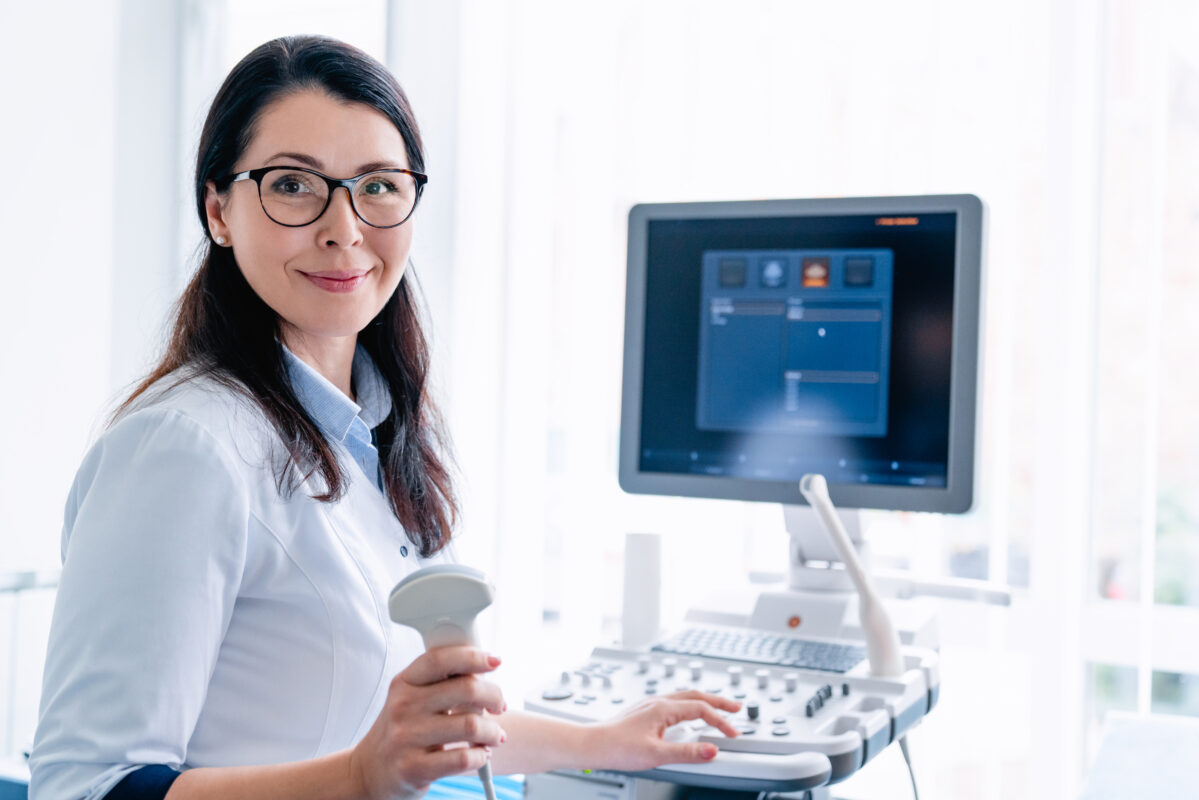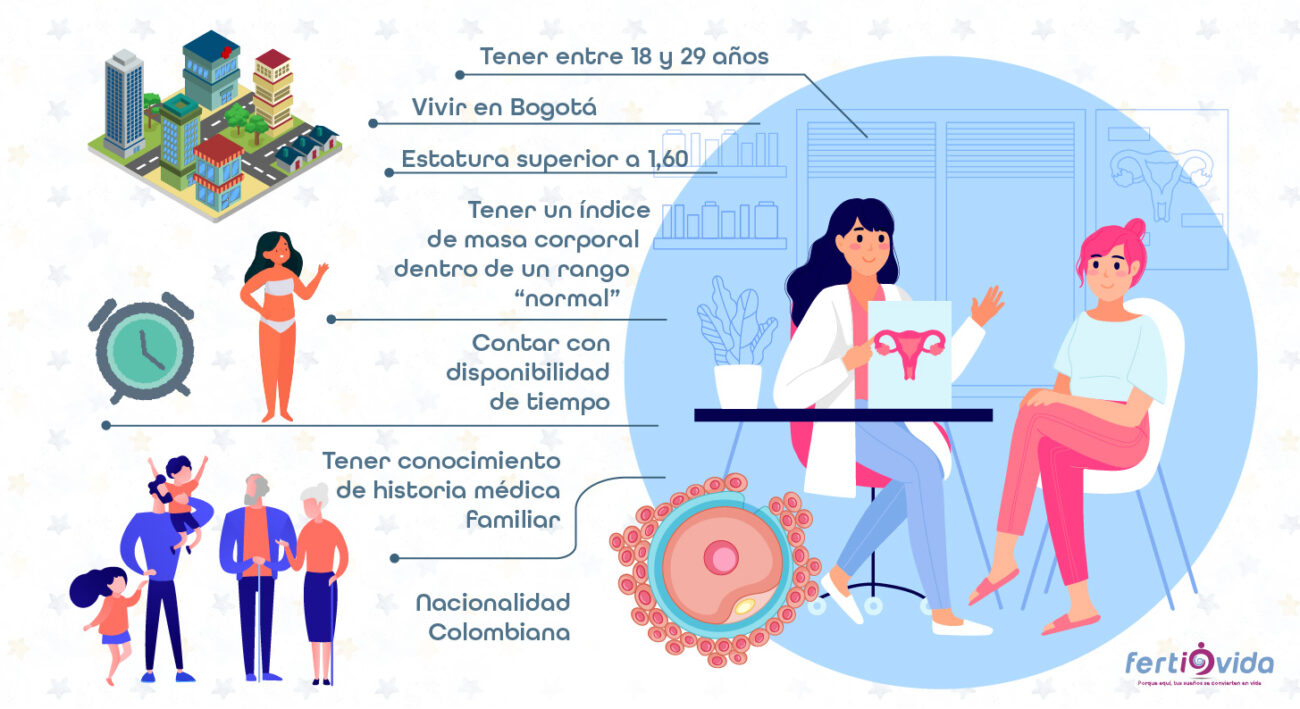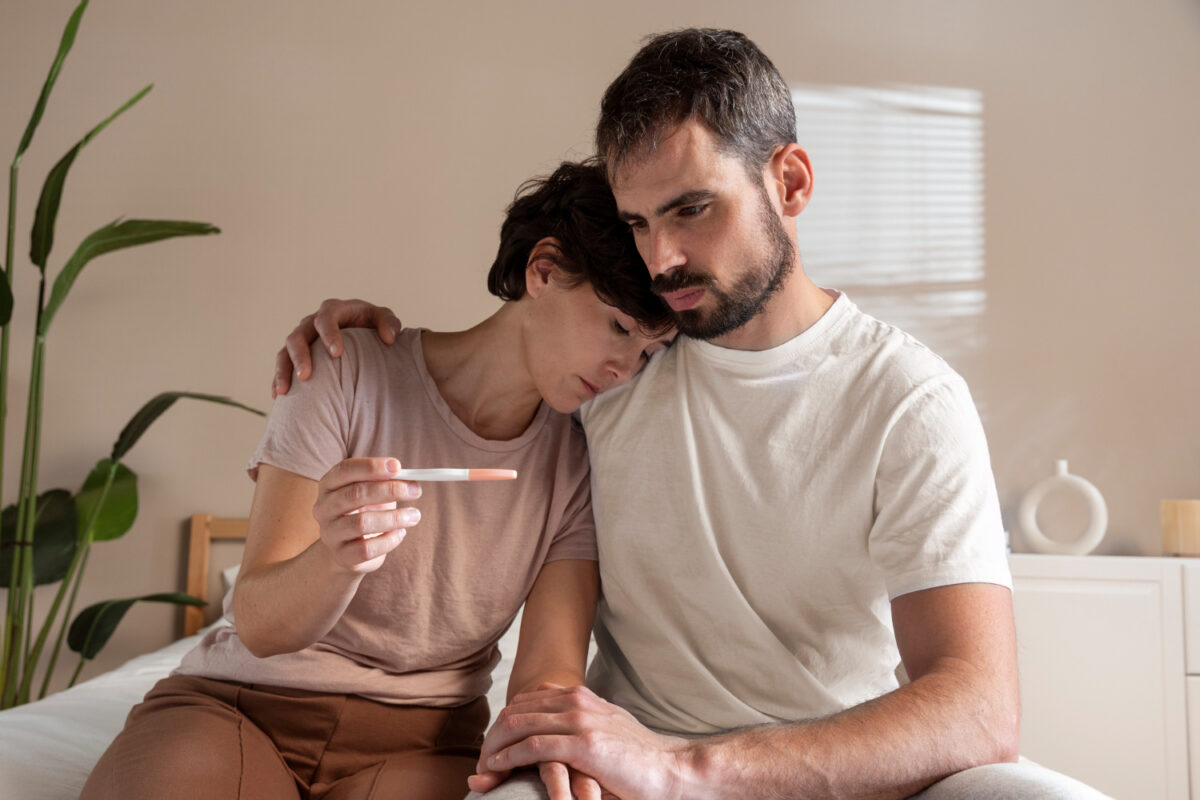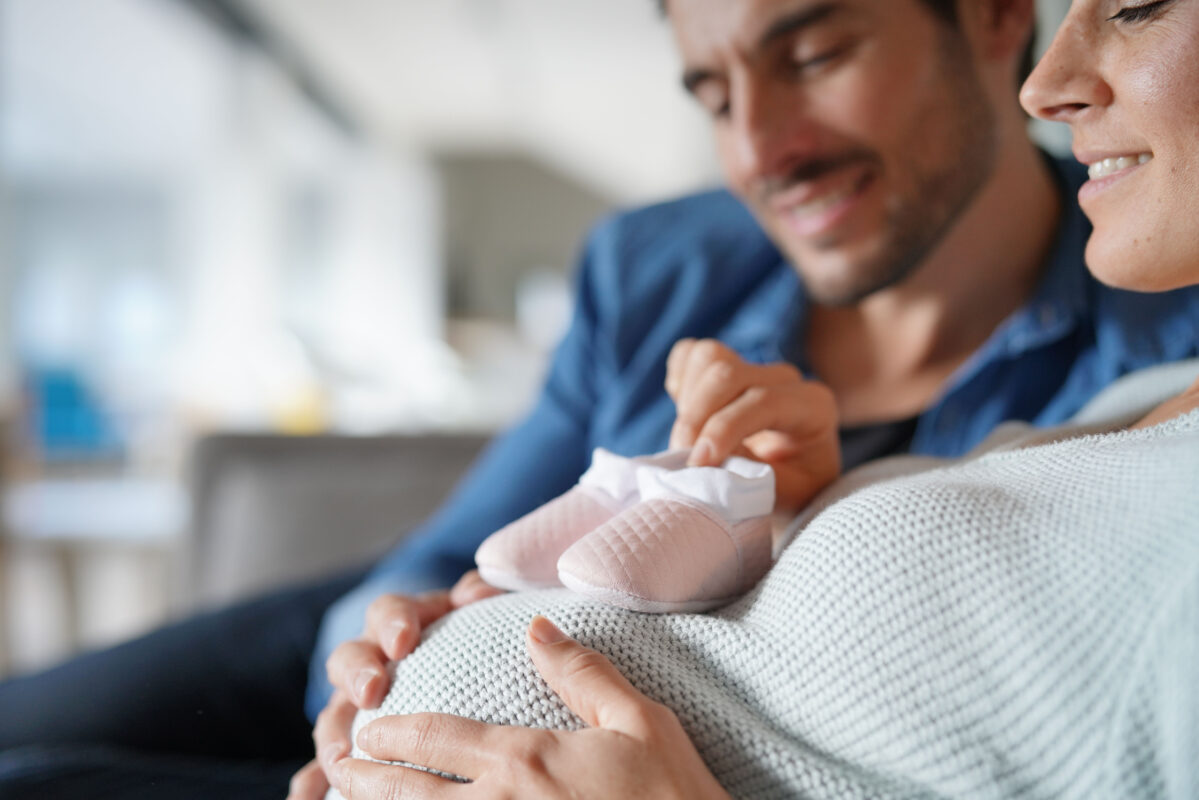Egg donation is a practice that has allowed many women to fulfill their dream of becoming mothers, especially in cases where their own fertility is compromised. However, a common question that arises is whether the process of donating eggs can affect the fertility of the donor.
When exploring how egg donation can influence fertility in the long term, it is crucial to understand the process involved. Donation begins with ovarian stimulation using hormonal medications to produce several eggs, which are then removed in a controlled procedure.
Although this process may seem complex, evidence suggests that, in general, it should not have a negative impact on the donor’s future fertility. With proper supervision and thorough pre-evaluation, ovarian recovery and function are usually complete
Factors to Consider in Egg Donation

Pre-Screening
Before embarking on the donation process, it is essential to conduct a thorough health assessment. This step ensures that the donor is in optimal condition to undergo ovarian stimulation and that her future fertility is not compromised.
A proper evaluation provides a solid foundation to ensure that the procedure is performed safely.
Regular menstrual cycle
Egg donors generally have regular menstrual cycles, and must also have a good ovarian reserve. Ovarian stimulation, which is necessary for donation, should not permanently affect this reserve, but requires close supervision to avoid possible complications.
Maintaining regular monitoring helps ensure that ovarian function is fully recovered after the procedure. Keep in mind that the first menstruation after an ovarian stimulation process will be different from previous cycles, and that in some cases it may be heavier.
Post-donation recovery:
After egg donation, it is common to experience some temporary side effects such as bloating, discomfort, or emotional irritability as a result of the hormones consumed during the ovarian stimulation process.
These symptoms are usually temporary, and most women return to their normal menstrual cycle quickly. Complete recovery is an expected part of the process, and reproductive function is usually kept intact.
Medical follow-up:
Follow-up after donation is critical to ensure that the donor’s reproductive health is in optimal condition. Specialty clinics conduct additional evaluations to confirm that everything is in order and to respond to any concerns that may arise.
Requirements to donate eggs with Fertivida

Myths and Facts About Egg Donation and Fertility
Understandably, there are myths and concerns about egg donation and its impact on fertility. One of the most common myths is that donation could decrease the donor’s future fertility. However, the available scientific evidence shows that fertility is not negatively affected when the process is carried out under controlled conditions. Addressing these concerns with accurate and professional information can help you make informed decisions.
Remember that egg donation is a meaningful opportunity to help other women achieve their dream of motherhood, and in most cases, it should not affect the donor’s future fertility. If you’re considering this option, it’s essential to get a full evaluation and follow medical recommendations to protect your reproductive health.
At Fertivida, we understand the importance of this decision and we are here to offer you all the support and information you need. We know that making decisions about egg donation can be an emotional and complex process, but remember that we are here to accompany you every step of the way.
Do not hesitate to contact us if you have questions or concerns; We are committed to helping you make informed decisions and feel confident on your journey to motherhood.





